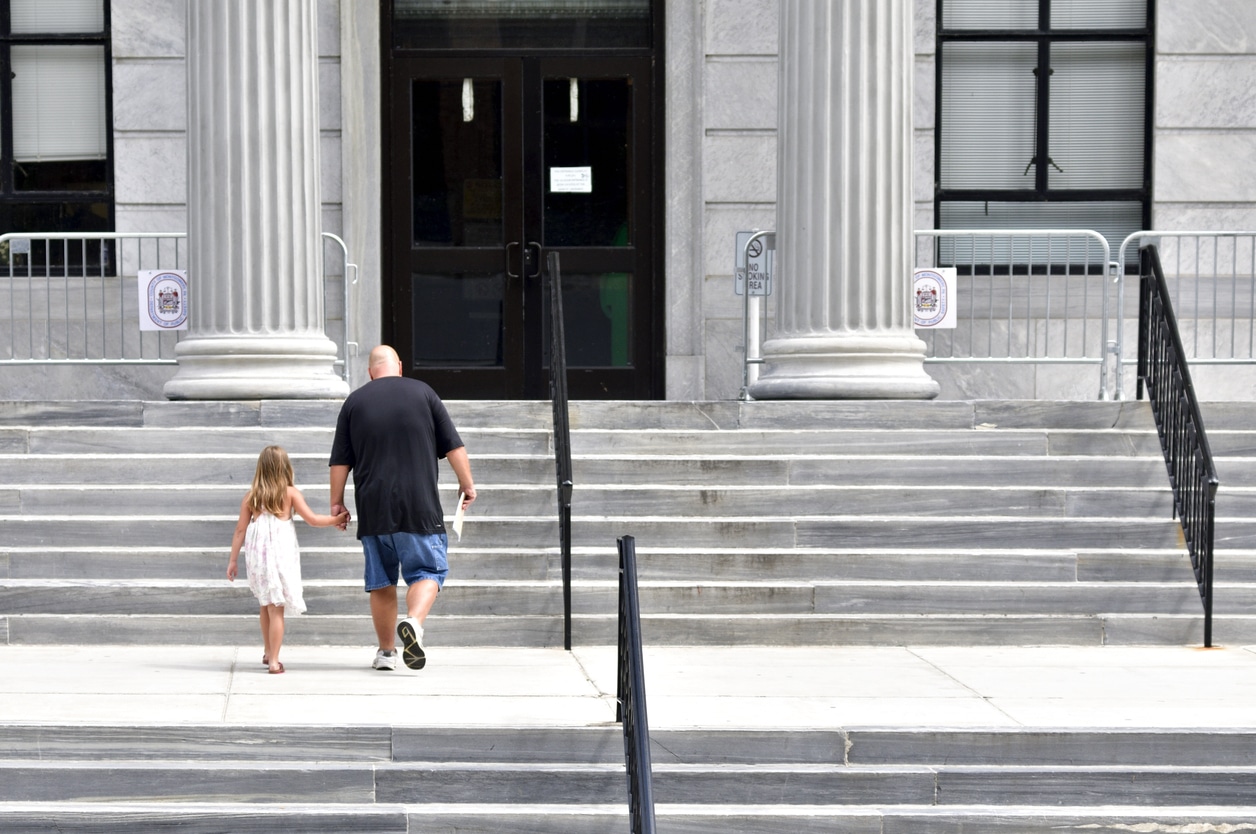New York Gives Hope to Child Victims of Abuse and Pornography
The New York Child Victims Act took effect on August 14, 2019. The extended time limits and one-year grace period built into the law give the young victims of abuse, incest, and pornography time to heal without missing their chance in civil court. As sex abuse and sexual harassment attorneys, we can help make sure our clients see justice done.
In this blog, I will discuss how the Child Victims Act gives the victims of child abuse, incest, and child pornography an opportunity to file civil claims against their abusers on their own timetable. I will explain how important these extended time limits are to the victims of childhood trauma. And I will explain how the sex abuse and sexual harassment attorney Adriana Alcalde can help you and your family protect your rights.
New York’s Old Law Made Parents Gatekeepers to Child Victims’ Cases
New York state used to have one of the strictest statutes of limitations on sex abuse in the country. This law limited the ability of state prosecutors and civil lawyers to seek justice on behalf of the state’s youngest victims. With only a 5-year window after the child turned 18, most cases depended on a young victim’s parents taking action. The trouble was, in many cases, they simply didn’t know what had happened to their children.
For example, New York Catholic dioceses have released the names of hundreds of “predator priests” who targeted children within their own congregations for sexual abuse. The church on the local and regional levels has only just come forward with these names, even though some incidents were reported years ago. If a parent of the victim of one of these predator priests didn’t know about their behavior, they may have overlooked signs the child had been the victim of sexual assault. By the time a young victim learned about his or her own right to sue, it may have been too late.
New York Child Victims Act Gives Young Victims Decades to Heal
But then, in January 2019, the New York state legislature finally passed a law relaxing the time limits and giving more sex abuse victims access to the courts. The Child Victims Act extends the statute of limitations for criminal and civil cases. It takes what was once one of the strictest laws and turns it into one of the nation’s most forgiving time limits.
Criminal cases keep that 5-year time limit, but now, the clock won’t start running until the victim turns 23 or the case is reported to the proper authorities. That gives the victims of these cases time to get through college and more before they have to worry about coming forward.
The time limit on civil cases involving sex abuse, incest, or child pornography with a child victim are even longer. The victims in these cases have until age 55 to file their claim. In addition, the statute includes a one-year window for anyone to file a child victim lawsuit, no matter how old. It also allows for old cases to be reinstated if they were dismissed for being filed too late or without the proper notice.
Long filing deadlines are essential in these kinds of sex abuse cases. The victims of these traumatic crimes often take years or even decades to come to terms with what has happened to them and heal from the emotional wounds they suffered. In many cases, they require the help of therapists, family, and support systems to overcome the power imbalance between abuser and abused and finally stand up for their rights. The old, shorter statutes of limitations created a terrible choice for the victims of these crimes: wait until you’re ready and possibly miss your chance at justice, or take the stand too soon and risk retraumatizing yourself in the process. Under the new statute, child victims will be able to heal first without having to give up their rights.
Sex Abuse Attorney Adriana Alcalde Helps Child Victims Fight Back
When the time is right to take the matter to court, the team at Eisenberg and Baum is here to help. We operate on the philosophy that no one should get away with sexual abuse. Attorney Adriana Alcalde and a team of attorneys and staff fight back against sex abuse and sexual harassment. Alcalde has over 15 years of experience helping the victims of domestic violence, sexual assault, police misconduct, human trafficking, and child pornography. She is a former prosecutor with experience in the Sex Crimes, Special Victims, Domestic Violence, and Crimes against Children units. Alcalde has tried over 150 cases, including many that got significant media attention.
All that experience allows Adriana Alcalde and the rest of the Eisenberg & Baum sexual abuse attorneys to stand beside child victims and their families in the courthouse and during press interviews, giving them the chance they need to tell their story and see justice done. Whether your loved one was targeted 5 days ago or 5 years ago, she can help them decide when and how to file a claim and receive the compensation they deserve for the harm they have suffered. Contact us today to schedule a free consultation.











